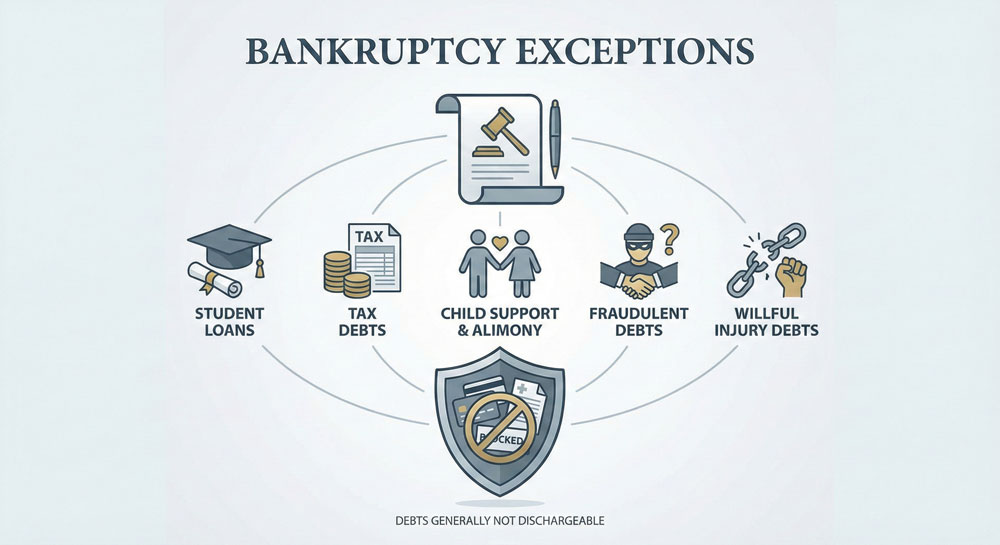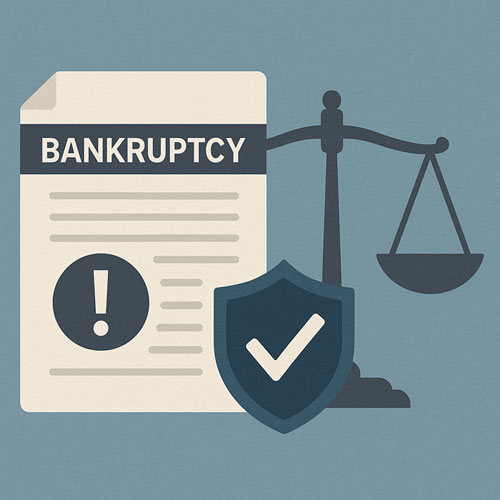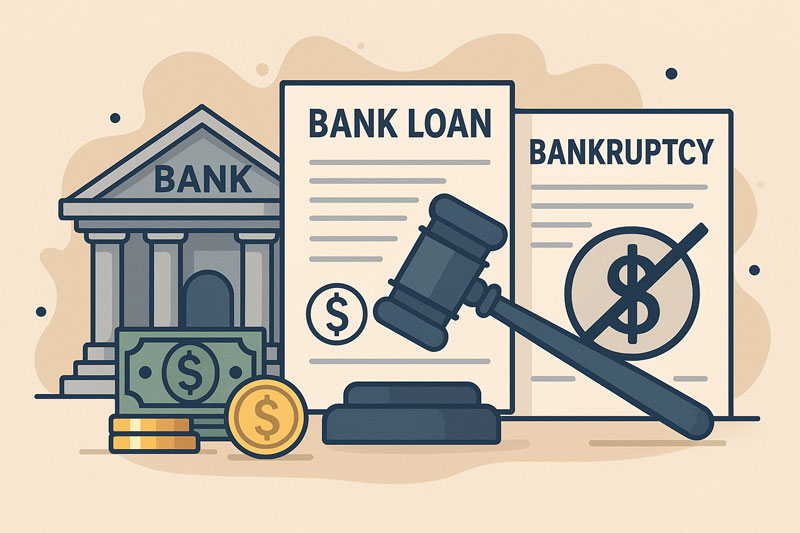Problem Of Public Pension Promises
 Most of us know that public pensions can be pretty sweet, especially if you’re lucky enough to get a CalPERS pension. Though you’ve also probably heard that most of these pensions are desperately underfunded. The kneejerk reaction of most public unions is to blame tax policy. That is, public pensions would be fine if we only raised taxes. While it may be true that raising taxes would increase pension funds, the root of the problem is much deeper.
Most of us know that public pensions can be pretty sweet, especially if you’re lucky enough to get a CalPERS pension. Though you’ve also probably heard that most of these pensions are desperately underfunded. The kneejerk reaction of most public unions is to blame tax policy. That is, public pensions would be fine if we only raised taxes. While it may be true that raising taxes would increase pension funds, the root of the problem is much deeper.
Recent research conducted by Wirepoints, an Illinois-based policy think-tank, has revealed that state GDP growth has been lagging way behind pension promises. New Jersey, for example, saw a 176% increase in pension promises and only a 41% increase in GDP between 2003 and 2016. Thirty-nine other states are facing the same problem – a spike in pension promises and only modest GDP grown. Put simply, state economies aren’t growing fast enough to keep pace with increasingly generous state pensions.
The primary culprit of these unsustainable pensions are public unions. Most unions have an incentive to keep their demands reasonable. Demanding too much from an employer could raise the cost of labor so high that the employer cannot make a profit, leading to bankruptcy. Thus, the market acts as a check on union demands. This is not the case for public unions. The government simply increases taxes whenever it needs more money for pensions. This means that there is no check on public union demands, because tax payers are expected to pick up the tab. Public unions wield significant political power, preventing pension reform. This has led some to advocate for the abolition of public unions.
If you’re interested in looking into bankruptcy feel free to give our office a call for a free consultation. I have helped well over a thousand Auburn bankruptcy filers.
Categorized in: News



